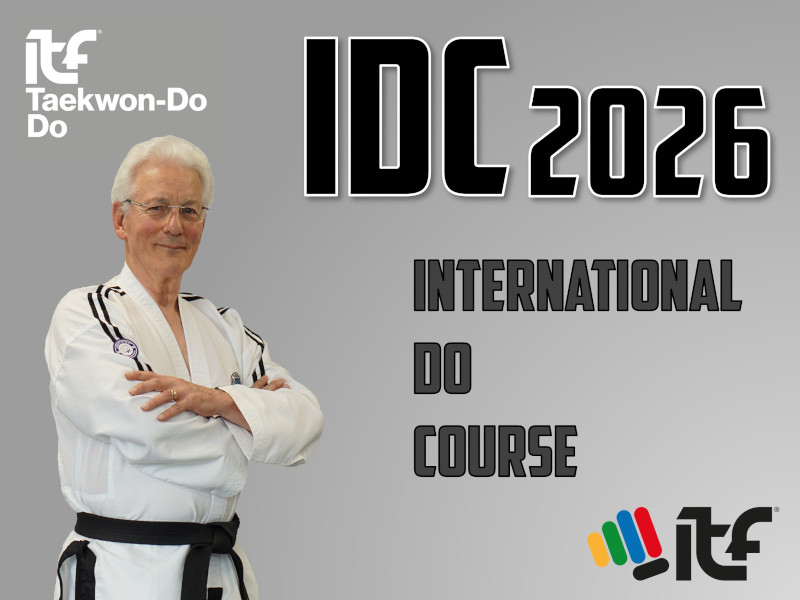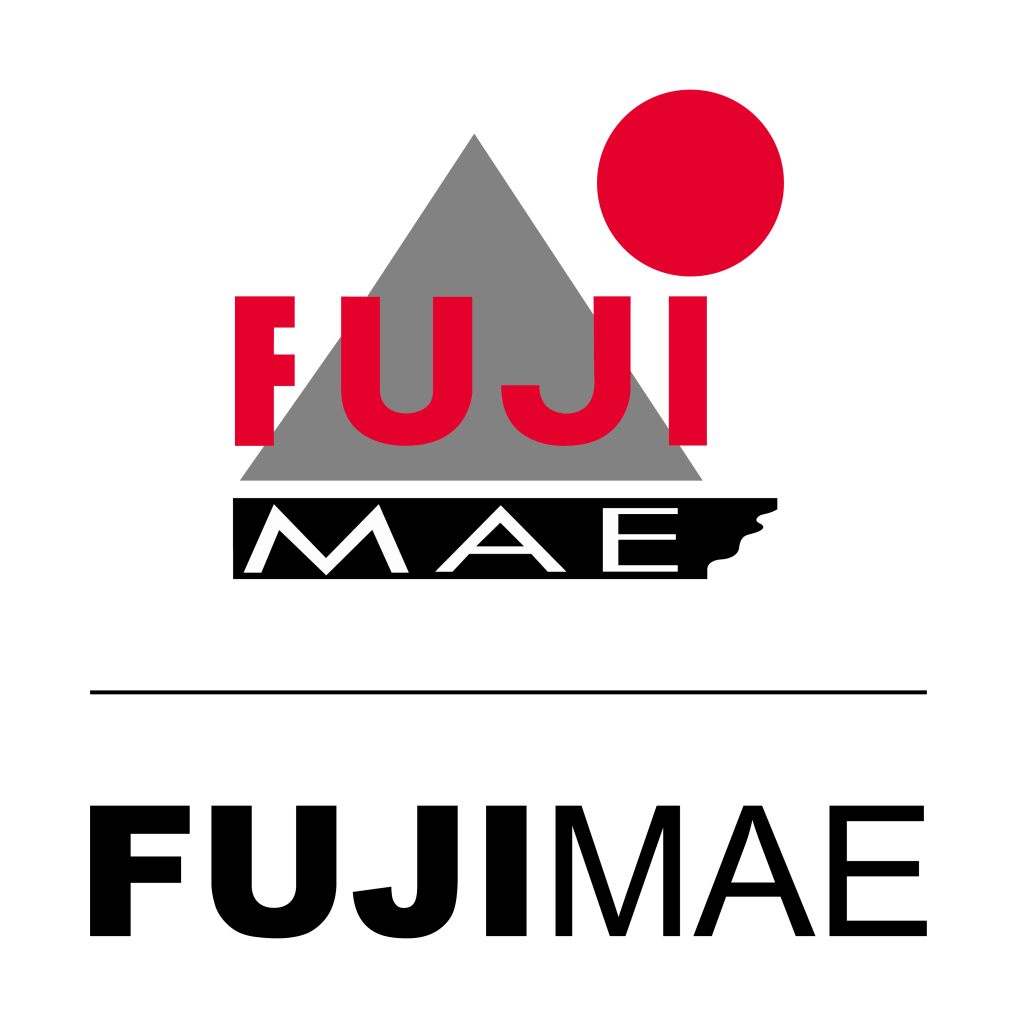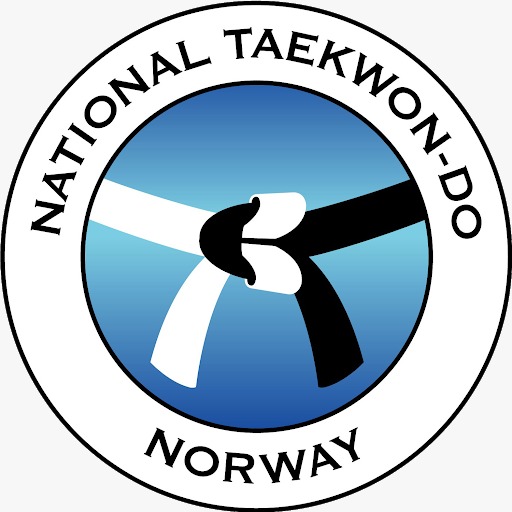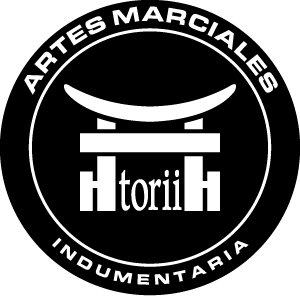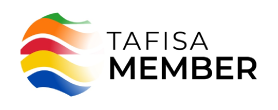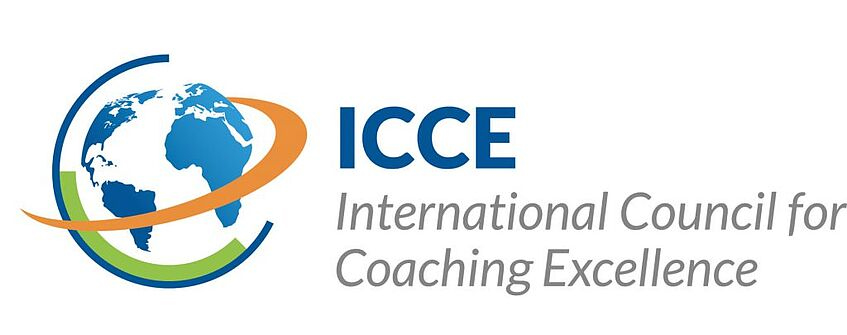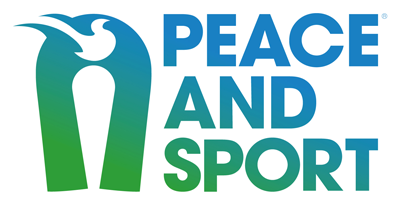
- This event has passed.
Online IDC November 2024
Nov 10, 2024 – Nov 24, 2024
Online International Do Course
November 10th and 24th, 2024, from 3pm to 10pm (UTC time)
What are the dates and times of the International Do Course (IDC)?
The IDC is a two-day course. It is delivered over at the rate of 6 hours per day for a total of 12 hours. Each day includes two 3-hour sessions and a 1-hour break between the two sessions.
The first day of the course (Day 1) will be on November 10th, 2024, from 3pm to 10pm (UTC time) and the second day (Day 2) will be on November 24th, 2024, also from 3pm to 10pm (UTC-time).
Please note that, depending on when you switch from Summer Time to Standard Time or from Standard Time to Summer Time in your time zone, the UTC-time may not correspond exactly to the same local time on both days. To convert UTC to your local time, go to http://www.timebie.com/std/utc.php and follow web page instructions.
Who may register for the course?
The course is open to all ITF Taekwon-Do members from 2nd grade/gup (red belt) and above, who also are 16 years of age or older.
How much does it cost to register for the course?
100 € (Euros) for the course (a total of 12 hours) and handouts (e.g., copies of PowerPoint presentations).
ITF Board Members and ITF Committee Chairpersons may register for free according to the decision of the ITF.
How do I register for the course?
Registrations for the course must be done via request in ITF database. All ITF member organizations have access to the data base.
Please make sure that you register your attendance at “ITF Courses” (on ITF Online) through the Secretary-General of your National Organization. Once you have registered in the ITF database, you will be assigned a registration number that you will find next to your name.
If you experience any difficulty registering for the course, please contact your National Organization or the ITF Head Office at [email protected]
How do I pay for the course?
Payment for the course can be made to ITF by your National via Custom Request, in which the National Database administrator must enter the number of persons who have registered for the IDC, their name, and the total amount, and make the payment to the ITF account trough credit card, bank transfer, PayPal or others.
If you experience any difficulty making the payment for the course, please contact your National Organization or the ITF Head Office at [email protected]
What is the deadline to register for the course?
Sunday, November 3rd, 2024, 11pm (UTC time).
What will be the language of instructions during the course?
The course will be conducted in English. There will be no translation from English into Spanish or any other languages – an IDC to be conducted in Spanish is planned for 2025, but the date has yet to be determined.
Copies of PowerPoint presentations and other course materials will be available in English.
What does the course cover?
During the course, you will be taken on a journey to explore what it means to be truly a man or a woman of Taekwon-Do (TKD), as defined by General Choi, and how one becomes truly a man or a woman of Taekwon-Do.
Topics for Day 1 and Day 2 will be as follows:
Day 1 – Part 1: Moral culture and TKD; Origin and meaning of the word “DO”; the Tenets of TKD; Student’s Oath; Connecting Do to moral culture, tenets, oath, and goal of TKD; Stages of moral development; Psychology of human behaviour; Self-control (what it is and why it matters; how to develop better self-control; how to teach self-control to TKD students; applications in dojang and daily life).
Day 1 – Part 2: Courtesy (what it is and why it matters; how to become more courteous; how to teach courtesy to TKD students; applications in dojang and daily life); Integrity (what it is and why it matters; how to develop and maintain integrity; how to teach integrity to TKD students; applications in dojang and daily life); Ethical/moral decision making (how to resolve moral dilemmas / conflicts between tenets of TKD).
Day 2 – Part 1: Perseverance (what it is and why it matters; how to develop and strengthen perseverance; how to teach perseverance to TKD students; applications in dojang and daily life); Motivation and goal-setting (how to set effective goals in TKD and life);
Day 2 – Part 2: Indomitable spirit (what it is and why it matters; how to develop an indomitable spirit; how to teach indomitable spirit to TKD students; applications in dojang and daily life); Integration of Do teaching into regular TKD classes (general guideline and tips).
Who is the IDC for?
The course is for all Taekwon-Do practitioners who are interested in studying the Do and developing a way of life based on the moral culture of Taekwon-Do, as well as for all Taekwon-Do instructors and assistant instructors interested in learning how to teach the Do and integrate the teaching of the Do in the teaching of Taekwon-Do.
It does not matter if you are an experienced or less experienced Taekwon-Do practitioner or instructor. The course will provide you with a great learning experience that will increase your knowledge and understanding of the Do and the moral culture of Taekwon-Do.
Likewise, it does not matter if you have already participated in one or several IDCs before. IDCs are not always conducted by the same course instructors and the different parts of the course are not always taught by the same instructors. This means that there are differences in what is presented and what is highlighted from one course to the next. So, if you have already participated in one or more IDCs, you are bound to learn something new or develop a better understanding of what you have learned earlier. Besides, so much material is presented each time that it is impossible to remember or understand it all. This is what happens when you attend an International Instructors’ Course (IIC). It may be similar to the last one, but you still enjoy it because you learn or understand something that you missed earlier. It works the same for the IDC.
Why should I seriously consider to register for the IDC?
In his last publication, Moral Guide Book (2000), General Choi wrote: “…the only way one can truly achieve the status as a man of Taekwon-Do is to go beyond the technical aspect and establish a lifestyle based on a solid code of morality.” (p. 9). For him, physical and moral training were two indivisible parts of the study of Taekwon-Do. Without the emphasis on moral development, Taekwon-Do is just a sport, not a martial art. The true nature and spirit of a martial art is in the learning and teaching of the Do, i.e., the “way”, the “right way” as General Choi calls it. For him, the “right away” is the “way paved by the saints and wise people of the past.”
Furthermore, teaching the Do is good for business. With so many businesses competing for the customer’s money and attention, each business has to work hard to set itself apart from its competitors. Those instructors who are able to teach the Do effectively and provide moral training in addition to physical training have a competitive edge on their business competitors. They can offer a product that is unique, needed, demanded, and better than the competition. This means that they can attract more students in their dojang.
Is participation in IDCs required for promotion to a higher black belt degree?
Applicants for promotion to 7th degree black belt and above are already required to participate in at least one IDC to be eligible for promotion to 7th degree and above. As of 1 April 2025, applicants for promotion to 4th degree and above will be required to participate in at least one IDC to be eligible for promotion to 4th degree and above.
Is there an exam for the course?
There is no exam for this course.
Will there be physical activities during the course?
Activities during the course will include primarily actively listening to oral presentations, participating in quiz and small group discussions, engaging in thinking and self-reflection exercises, and putting into practice the knowledge and skills learned. Video clips will also be used to show how to use Taekwon-Do exercises and other practical strategies to teach the Do and develop the Tenets of Taekwon-Do.
Will it be possible to ask questions during the course?
Yes, there will be an opportunity to ask questions at the end of each part of the course. However, participants will be asked to submit their questions via the “Chat” feature on the Zoom platform. We will select which questions to answer, focusing primarily on the questions most relevant for the course and the audience.
What will I receive when I register?
You will receive a confirmation of your registration by e-mail which will also be a receipt of your payment.
Later (usually about two days before the course), you will receive a Zoom link via e-mail to use for joining the course on Day 1 and Day 2 of IDC. In the same email, you will be provided with information about the dress protocol for the course, instructions to follow to be admitted to the course meeting room (for example, the need to enter your full name in Roman alphabet as a username when connecting to Zoom), instructions to follow while waiting for the course to begin, and instructions to follow during the course as participants in the course.
Will I get a certificate for the course?
Participants who attend the full IDC will receive an officially signed digital certificate certifying that they have successfully completed the International Do Course (I.D.C.) in accordance with the Rules and Regulations of the Federation.
The IDC certificate that you will receive will be an officially ITF valid document. You will be able to use it to show that you have completed the IDC black belt promotion requirement if you are among those who are required to participate in at least one IDC to be eligible for promotion.
Do I have to attend all parts of the course?
To obtain your certificate, you must attend all parts of the course on Day 1 and Day 2, that is the full 12 hours. However, if you miss one of the parts, you will still be able to attend the other parts.
If I have a question about the course, who do I contact?
If you have a question that is not answered above, you can contact [email protected] for more information.

